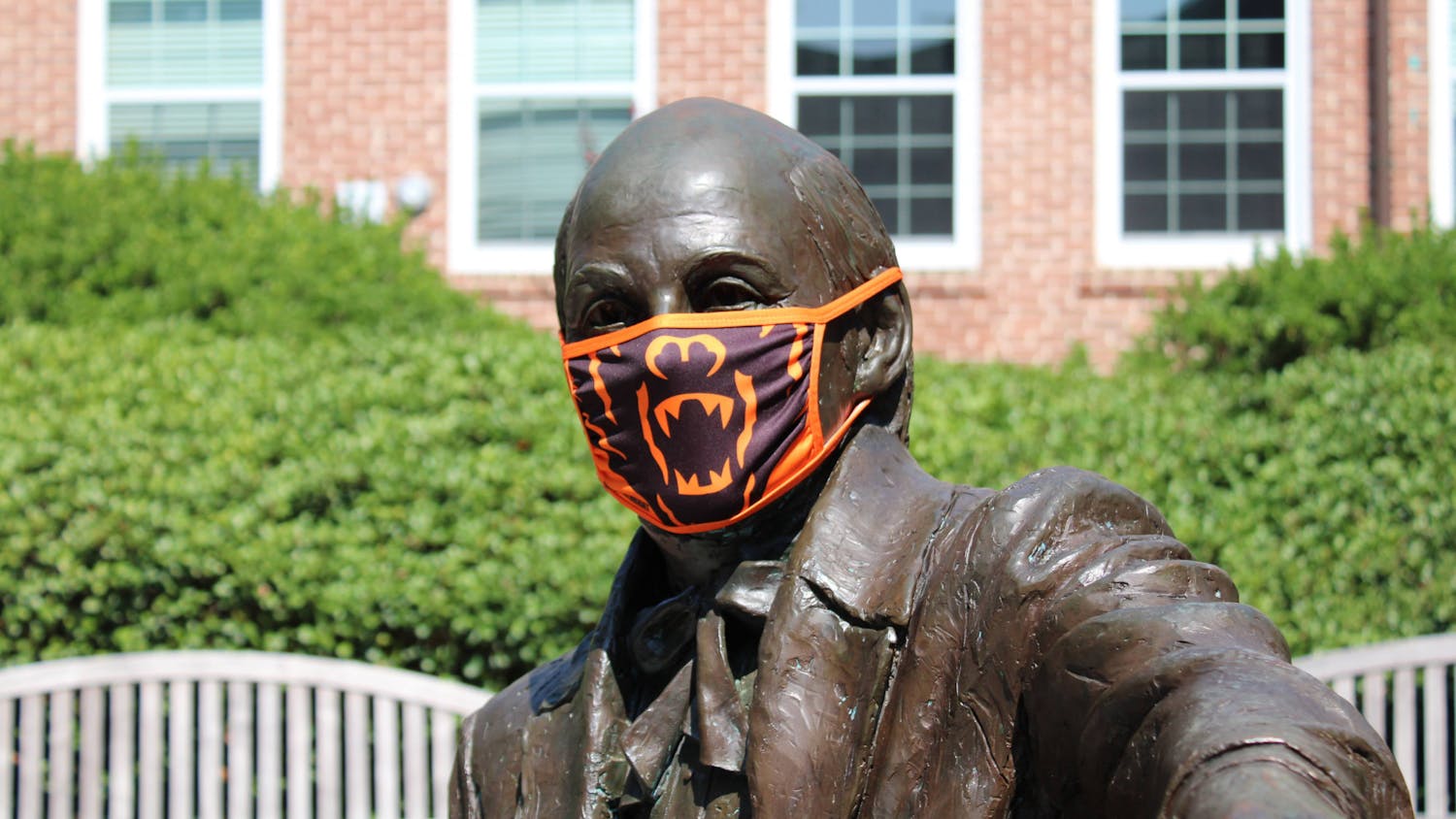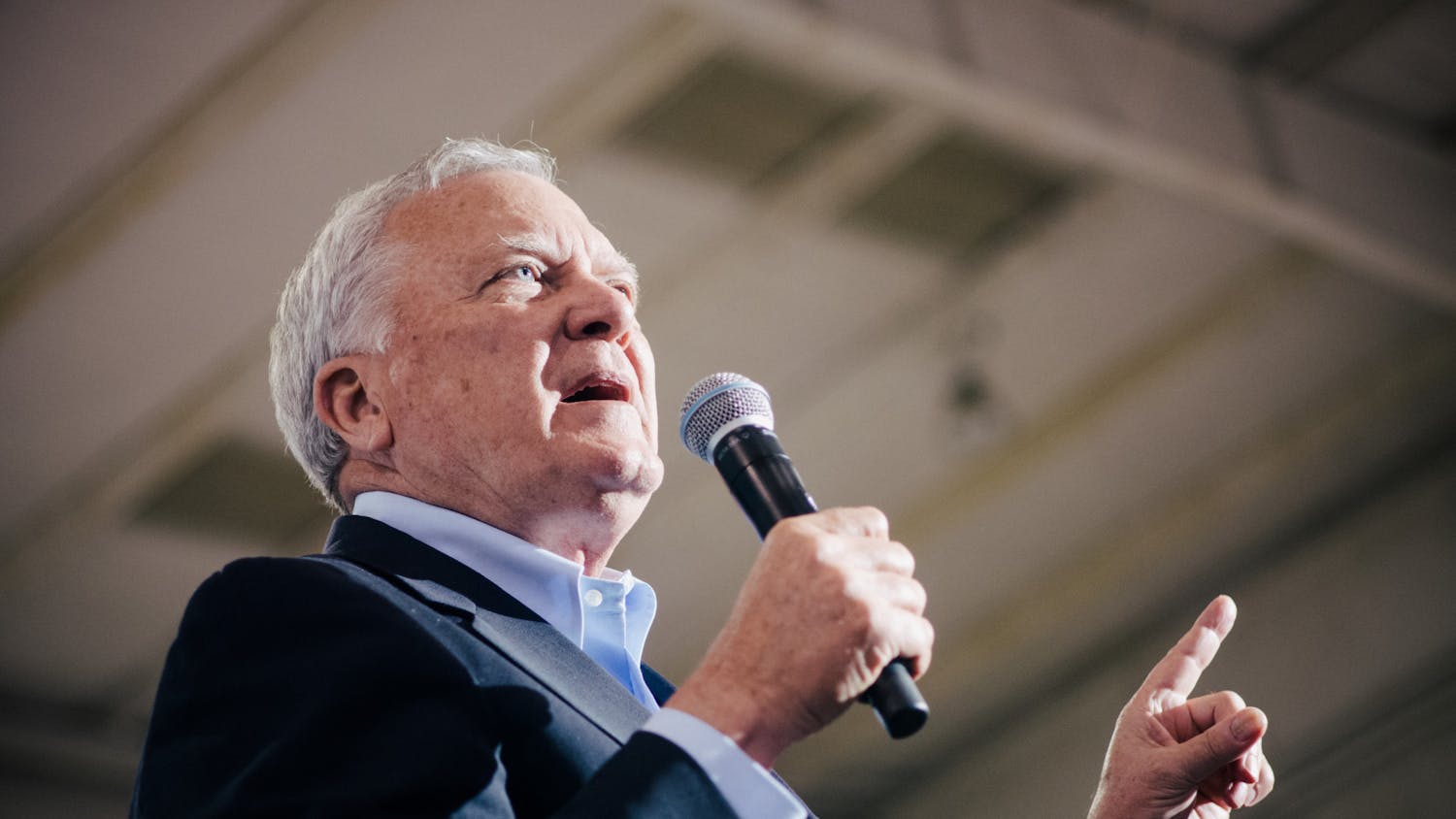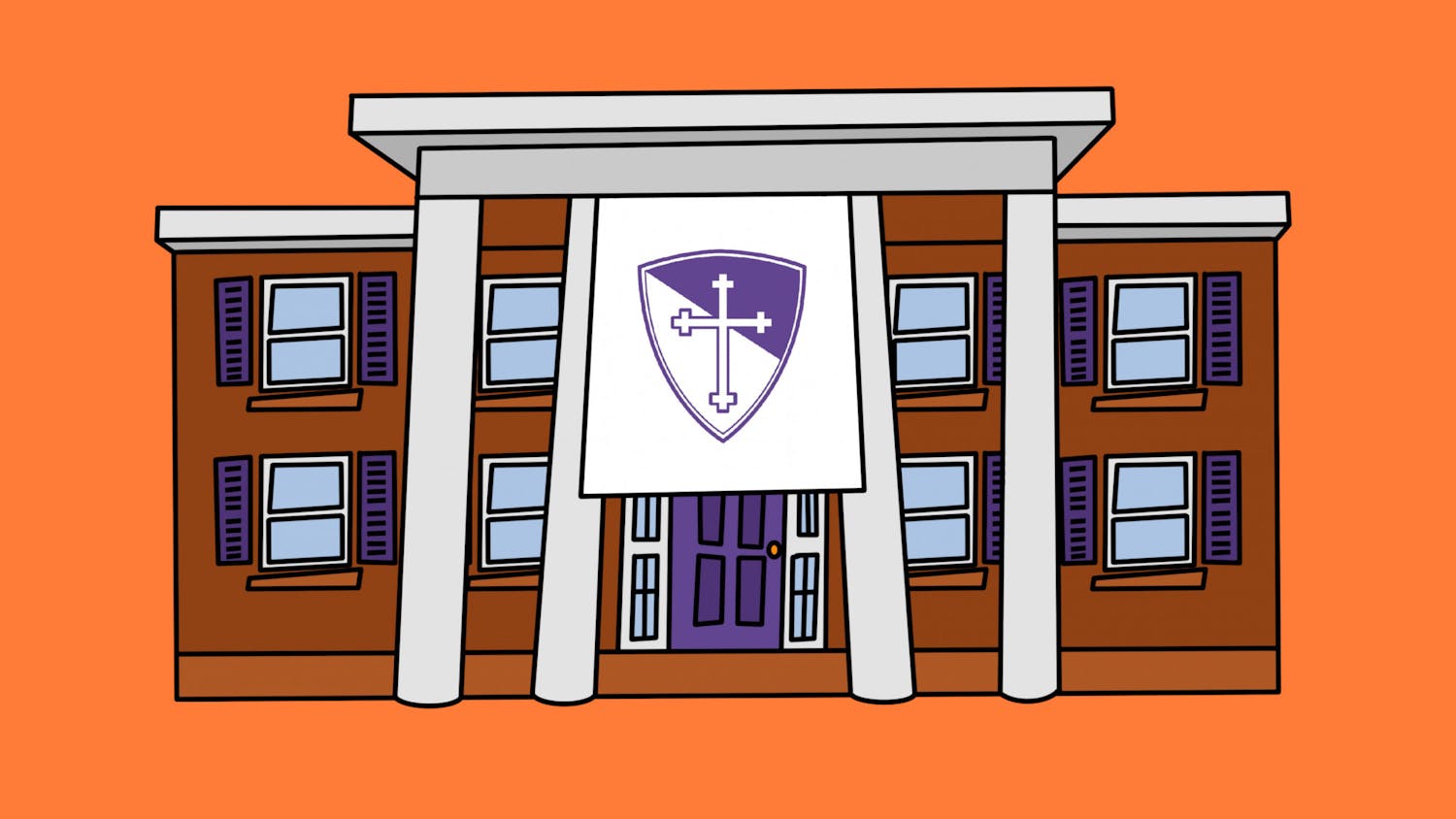As Mercer University continues its expansion in humanities, science and the arts, it also continues to expand into international relations after being selected to work with the U.S. Department of State’s Diplomacy Lab.
The new partnership hopes to utilize the efforts of students and faculty across the country in order to solve real-world problems related to foreign policy. Mercer joins 45 other institutions, including Columbia University, Johns Hopkins University and Georgetown University, to undergo research in international affairs.
David A. Davis, the director of national fellowships and scholarships at Mercer, is helping advocate for the program.
“Mercer has developed a reputation for impactful interventions in international development,” Davis said. “Diplomacy Lab will allow Mercer to partner directly with Foreign Service Officers working around the world on projects that promote U.S. interests and international cooperation.”
The Diplomacy Lab is meant to allow the United States government to reach out to an under-recognized group of individuals with “course-source” research taking place in American colleges and universities.
The U.S. Department of State shares a list of projects with its university partners twice a year with faculty at the universities being able to select projects they are interested in researching with a student team. The research is meant to be undertaken as part of a course, seminar or independent project.
“Any faculty member in the university may participate in the program,” Davis said. “Professors in international affairs, global development and global health studies will likely find opportunities to incorporate projects into their courses, but many other courses that address issues of social inequality, cultural exchange, national security and problem-solving can participate in the program.”
The students that participate in Diplomacy Lab will explore real-world challenges identified by the department and will be given the opportunity to work with faculty members who are authorities in their fields.
This program will also allow students to contribute directly to the policymaking process while helping the State Department with foreign policy.
“Students who participate in these courses will gain valuable experience, build relationships with members of the Foreign Service and learn more about international cooperation,” Davis said.
Those who enroll in courses participating in the program will be able to address an actual issue in cooperation with Foreign Service Officers, and at the end of the course, they will present their findings or results to the Department of State.




